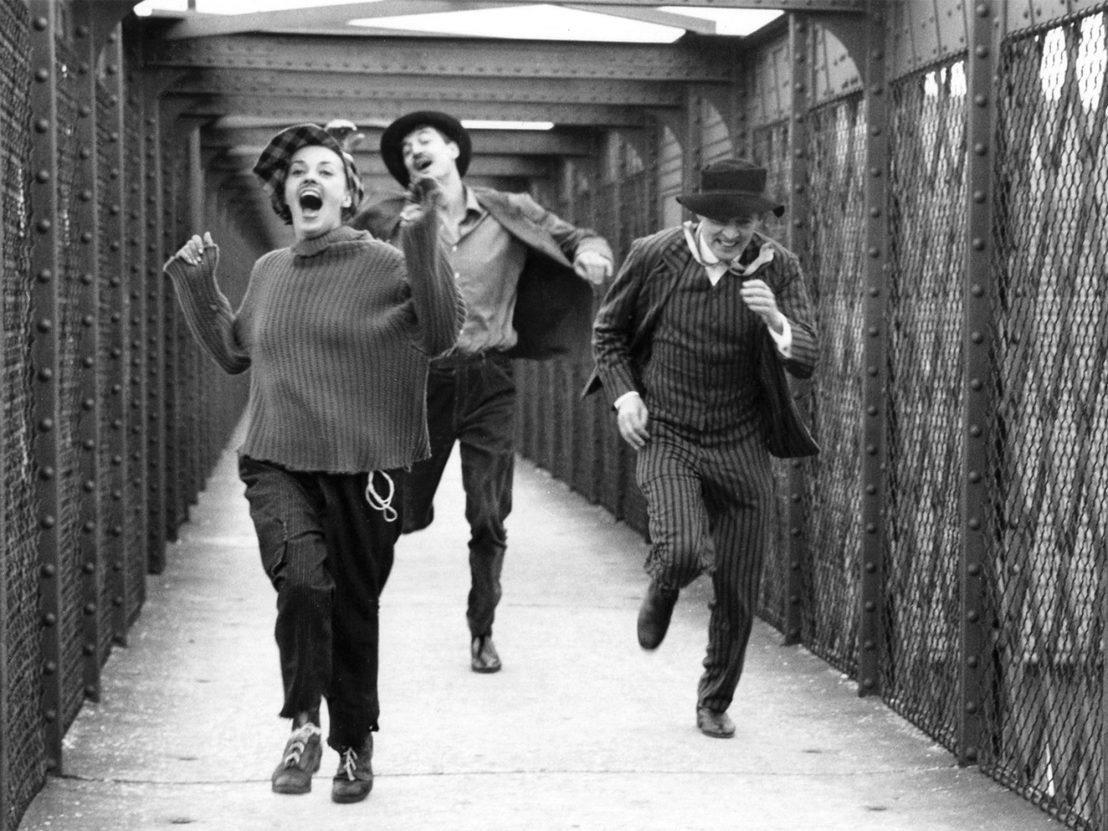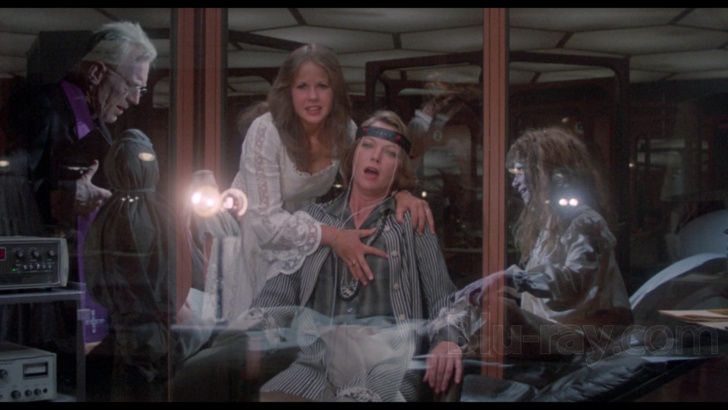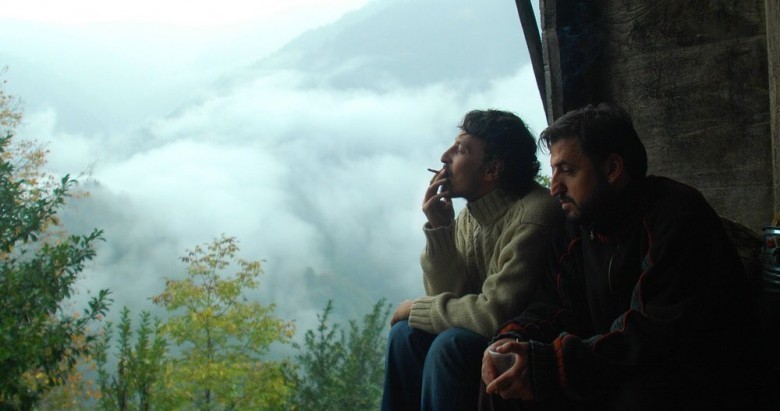
Jules and Jim (1962) Directed by Francois Truffaut 10B
Jules and Jim is the most famous menage a trois in film history. In Paris, before the start of the World War I, Jules, who is Austrian, and Jim, who is French, are best friends, living the bohemian life on the Left Bank, concerned passionately with books, art and girls. Catherine enters their life and Jules and Jim, while remaining the closest of friends, are both smitten. Catherine is an incandescent free spirit who plays by no rules except her own. She is seductive without trying, a celebration of life unto herself. As Jules and Jim become more deeply involved with her, the challenges to their friendship mount. Catherine’s zest for living comes at a high price and her inability to compromise or reason with herself has unforeseen consequences.
Jim (Henri Serre) is actually a bit of a flat character, but Jules (Oskar Werner) and Catherine (Jeanne Moreau) are an amazing study. Though Jules has his bourgeoisie side and tends to be unassertive, he selflessly sacrifices everything for Catherine, even accepting her affair with Jim. Surprisingly he does this not out of weakness, but because of the purity of his love for Catherine. His is a stunning act of will. Catherine’s approach to life is dangerous but recklessly alluring. Catherine makes everyone feel alive, the embodiment of pleasure and the cause of anguish. But she walks a knife edge with her whims. Eventually her misjudgment and intransigence lead to a final act of defiance. Jules reaction to the tragedy is closer to relief than sorrow. He has fought the good fight and now it is over.
To quote Paulene Kael once again, Catherine is “about the impossibility of freedom” as well as “the many losses of innocence.” That's pretty much the themes in a nutshell. The film making is exhilarating as Truffaut captures the giddy romance and darker tensions of the era, shifting moods in quicksilver fashion. The French New Wave made film feel fresh and exciting again, full of endless possibilities. I think Jules and Jim is one of the best movies ever made (#3 on my all-time list).
subtitles
Love this film, among my favourites too. What's #1 and 2 on your list?






